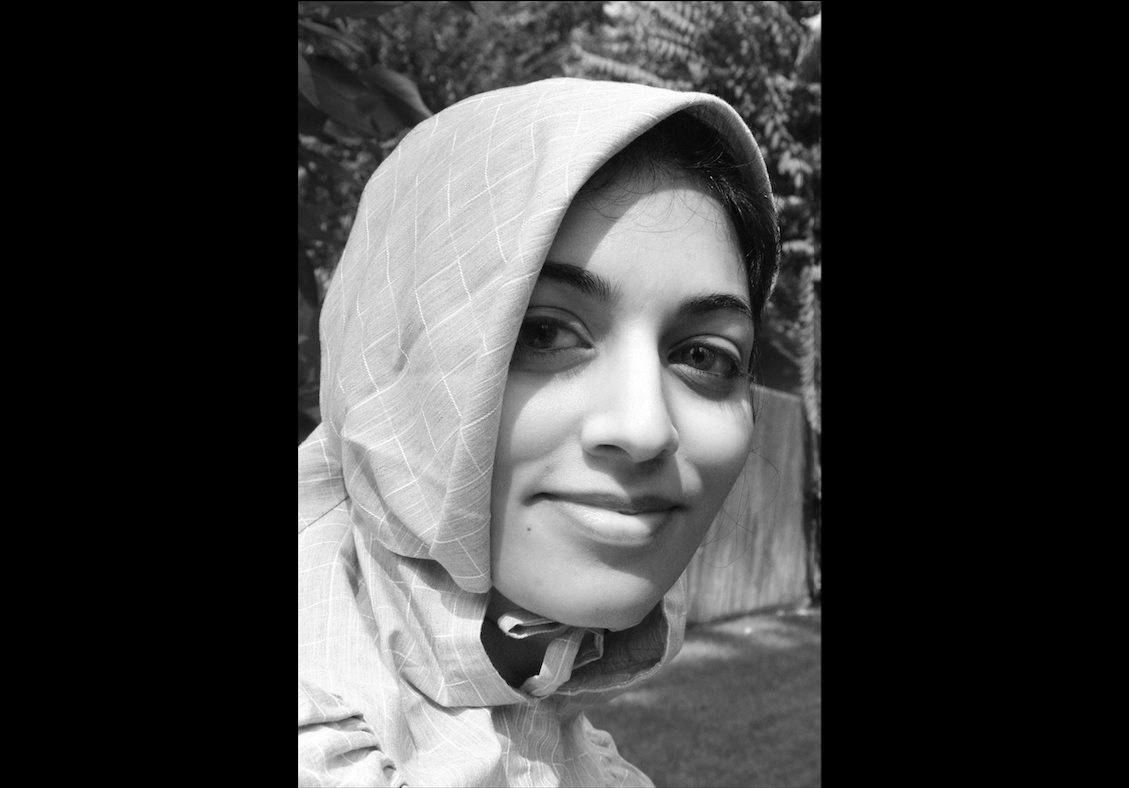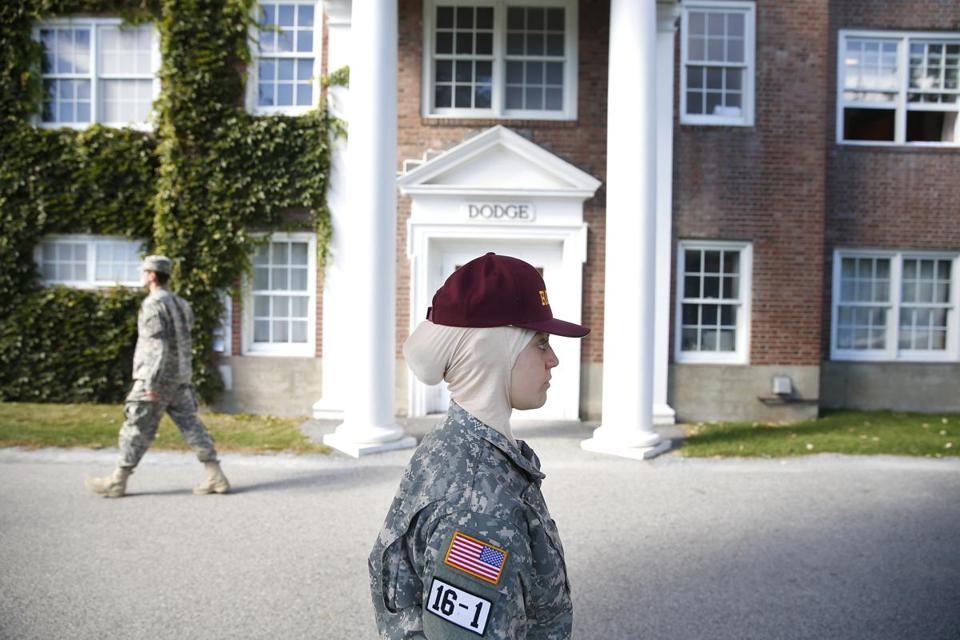[title maintitle=”” subtitle=”9/11 changed Western perceptions of Islam, America’s perception of terrorism, and my perception of myself. “]
It should come as no surprise that extroverted personalities tend to be more socially successful. They have more friends, they laugh more often in social gatherings, and their voices, literal and metaphorical, are often heard most frequently. Introverts are usually encouraged to talk more and interact more; essentially, to be more like extroverts. Growing up as an Indian Muslim American girl in Houston, I used to reassure myself that this bias toward extraversion was simply a “White person” phenomenon that didn’t apply to me, especially since my home environment encouraged being a quiet “good girl.” An idealist, bookworm, fantasizer, and avid people-avoider since my childhood days, this system worked just fine for me. I stayed quiet on the outside and blurted things out to myself on the inside, devising an entire system of sarcastic ripostes, metaphorical eye-rolling, and inside jokes only I was privy to. And I was perfectly happy.
Then 9/11 happened, and the personal became the political. Although I didn’t know it at the time, my identity began a long process of adaptation to a new socio-political milieu. A senior in high school, I naively assumed that the ripple effects of 9/11 wouldn’t touch me; after all, I was an American. Unfortunately, I was wrong. I began to hear increasing comments about the violence of Muslim men and the submission of Muslim women. There was a dramatic increase in “No, but really why?” questions about my hijab, and “No, but really where?” questions about my cultural and ethnic background. People stopped disguising their surprise when I knew the answer in English class—no, wait, they were surprised because I spoke at all in class.
Upon realizing that I had somehow lost my in-group status with my non-Muslim American peers (a status I likely never possessed to begin with), I went through the five stages of grief for my deceased average-American identity. I was already in denial, stubbornly maintaining my polite demeanor and insisting that no one was looking at me with suspicion or disdain. Once it was obvious that people did in fact regard me as “the other,” I became almost constantly angry and defensive. “You’re telling me I should go back to my country? This is my country,” I would think indignantly to myself, followed by a number of expletives.
The next three stages didn’t come in their proposed order–bargaining, depression, and acceptance. Acceptance actually appeared first. I simply had to get over the fact that many people looked at me with distrust because I had brown skin and wore a hijab. I could not pretend that I wasn’t a Muslim, and I could not pretend that the 19 terrorist hijackers didn’t kill Americans in the name of my religion. I also could not pretend that my quiet nature wasn’t confirming the popular public perception of Muslim women as subdued and oppressed. This last piece of information grated on me the most since I couldn’t leave my personality at home when I interacted with the world. It felt as though I was contributing to the negative images of Muslim women simply by being who I was.
Cue depression. As an introvert, I had always had a hard time feeling at ease around people, but before 9/11, I could apply the salve of simply not being understood. Now, I felt actively misunderstood. My inherent reluctance to voluntarily speak up, to focus the spotlight on myself now gave those prejudiced against Islam an excuse to use me as example: “She’s quiet because her culture teaches her to be invisible!” (No, unfortunately Donald Trump was not the first to say this.) In addition to the weight of the social awkwardness I had lugged around with me all my life, I now carried the weight of representing all Muslim women.
My final stage was that of bargaining. It began as a private social experiment with myself. Because I had already noted the unspoken surprise on students’ faces when I contributed to class discussions, I decided to loosely document to myself how others would react if I (a) didn’t say anything, (b) contributed to a discussion I didn’t begin, and (c) began a discussion myself. Lo and behold, I received the most positive and encouraging feedback whenever I initiated a conversation. I quickly developed a reputation in my department as a gregarious, intelligent –yes, here it comes–extrovert. People now expected me to say something in class when everyone else was quiet, and I was even told by another classmate that she wished she could be as eloquent and confident as me. Naturally it felt good to be praised, but the compliment was bittersweet. Not only did it feel somewhat uncomfortable to be outspoken, but I suspected that if a white, non-Muslim woman spoke up in the same way I had, her contributions likely would not be met with as much surprise.
The 9/11 attacks changed the world’s political landscape, but it also changed my internal landscape. I was always a proud Muslim American woman, but now I am proud and loud. I have mixed feelings about my decision—because that’s exactly what it was—to publicly be a more extroverted individual, but at the end of the day, I felt I had to do it. I learned to adjust my public persona in order to defend what is my own: self, faith, family, and home.
Tasneem Mandviwala is a PhD student at the University of Chicago who is researching the experiences of Muslim American women from a socio-cultural viewpoint. She writes, paints, and sings (badly) and hopes to contribute love and understanding to the world.


















Thank you for sharing <3
Love it! Very well written…eloquent and intelligent:)